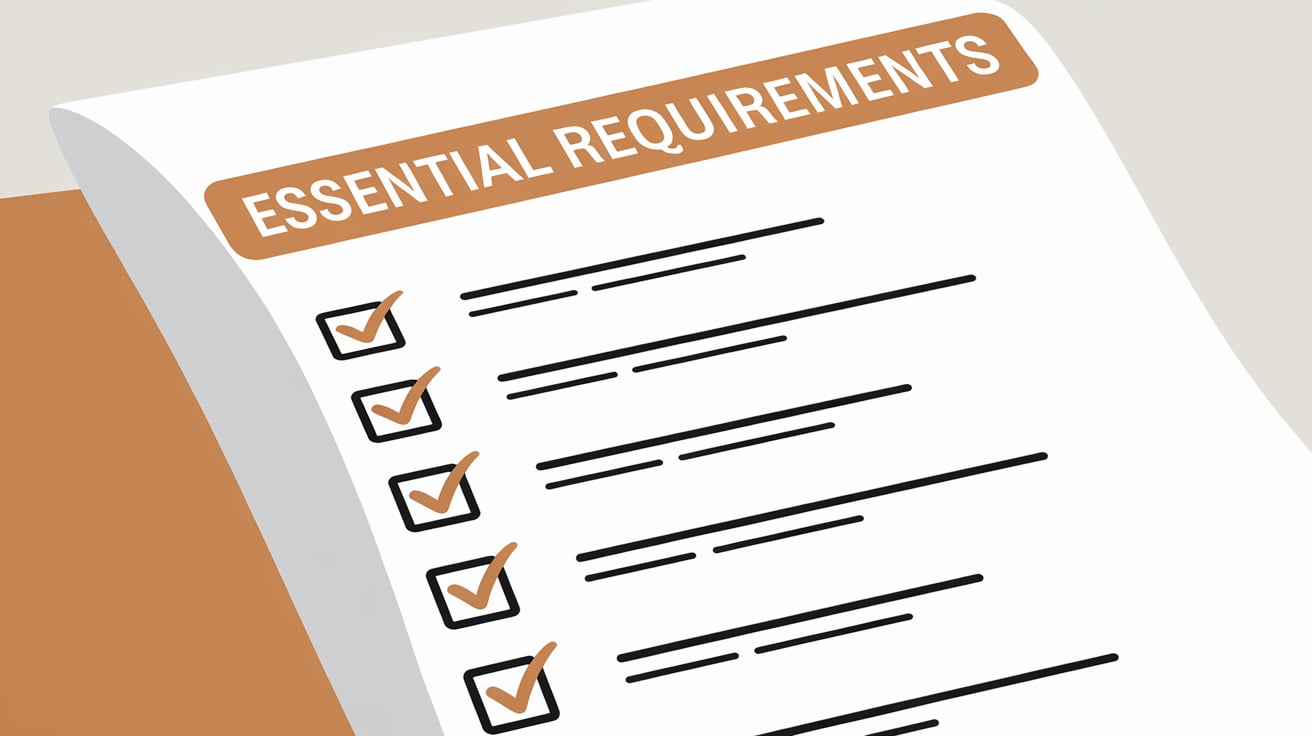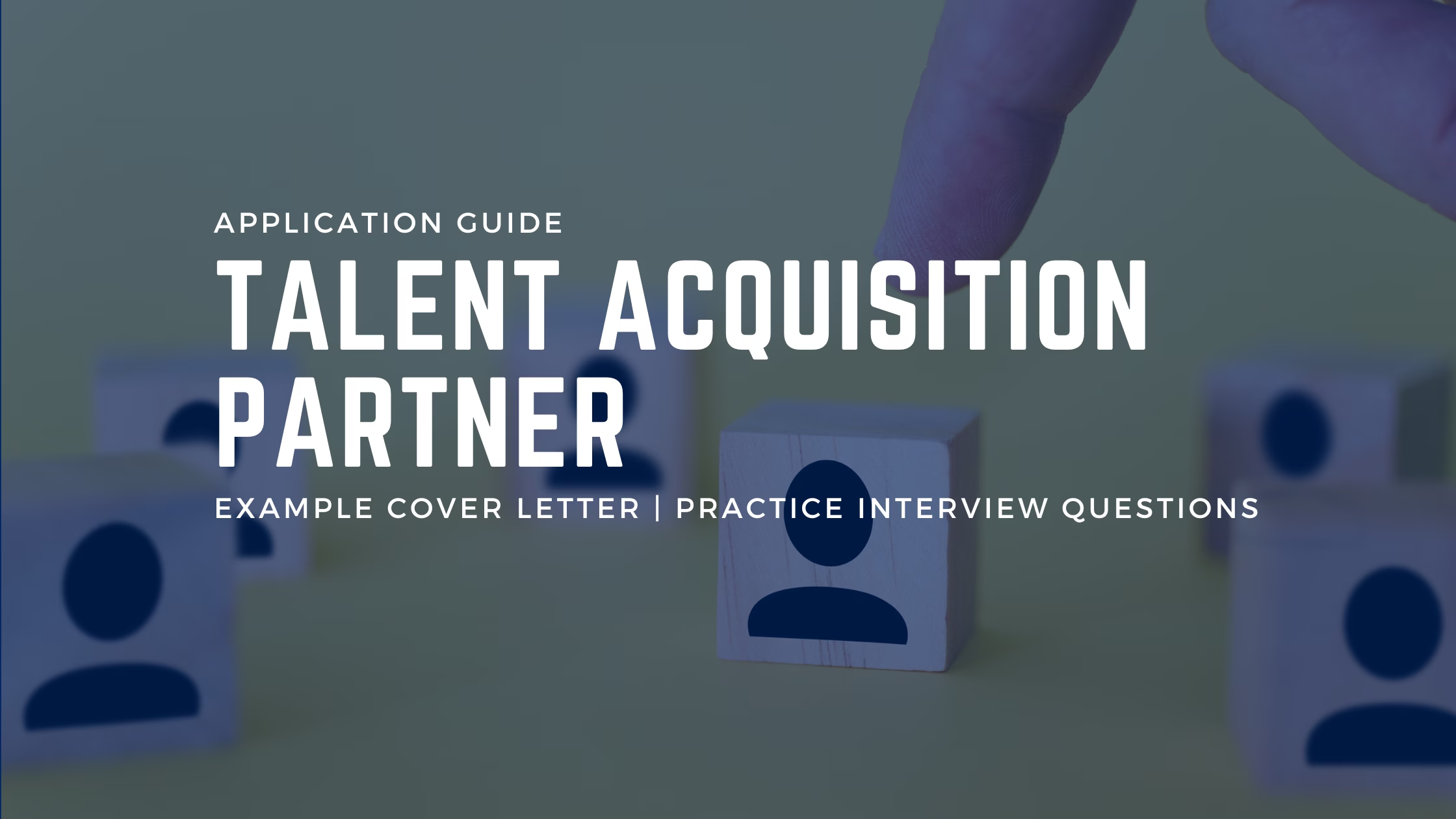Every single job advertised on iworkfornsw has a role description available to download. They are all in the same format – a bit about the Department or Agency, a list of roles and responsibilities, and the reporting line, i.e. who your boss will be.
Then come the parts you need to focus on – essential requirements and focus capabilities.
In each Team 3Thirty application guide, we tell you how to address the focus capabilities and seamlessly integrate the essential requirements in your application.
Today, I want to talk to you about just the essential requirements.
What are essential requirements in NSW role descriptions?
As a hiring manager, if the position I am hiring for has essential requirements listed, I must include in my final recommendation to hire how the preferred candidate meets what is listed.
This part of the recruitment report is scrutinised more than others. If I can’t state how you meet an essential requirement, even if I think you would be awesome at the role, I can’t hire you!
So you need to make it as easy as possible for hiring managers to tick these boxes.
Unfortunately, there are a lot of differences between roles, leading to a lot of different essential requirements for candidates, even for roles within the same department or with similar descriptions.
And this is a key reason why using a generic cover letter just doesn’t work for government job applications. Applied for an executive assistant role before and want to apply for another one? If you use the same cover letter, the second application is likely to miss addressing the essential requirements.
So please, don’t waste time submitting applications that don’t show how you meet the essential requirements.
Finding and reviewing essential requirements
Before you start crafting your application, review the job ad. This is the text on the iworkfornsw website that falls under the heading “How to apply”.
Read this carefully. This will tell you how the hiring manager wants you to make your case for the job.
In some job ads, it will clearly tell you that you must address the essential requirements in your cover letter.
A small number of roles will ask for a separate document that addresses the essential requirements in addition to a cover letter.
If this job ad doesn’t tell you how to address the essential criteria, include it in your cover letter. This will show that you understand the requirements of the role and you are making life easier for the hiring manager to consider you for the job.
If the essential requirements are not listed on the job ad page, you can find them in the role description, which will be a link on the same page – usually to a PDF or word document.
In the role description the essential requirements will be towards the end, just before the capabilities. Even the very few number of roles that do not have any essential requirements, here there will be a dot point of “nil”.
Types of essential requirements
Not all essential requirements need the same approach. Some are binary questions, like do you have a drivers license. Others are more subjective, and require more help from you to convince the hiring manager you meet the criteria. Many role descriptions will have a combination of the two.
A great example of an essential requirement is found in roles advertised by the NSW Department of Education. In nearly every role advertised here, there is this requirement:
Demonstrated understanding of and commitment to the value of public education.
This appears on a broad range of roles, many that aren’t in schools. The Department of Education are using this essential requirement as a cultural fit test.
They want to hear, in your own words, that you value public education. Does this mean if you went to a private school you can’t apply? Absolutely not. Have a read of the document, and find something that connects with you, and share it. It does not need to be a long explanation, just a couple of lines will do.
The same job requires that you have a Current driver’s licence.
This is common, and a good indication that you’ll need to travel in the role. To answer this, you can simply state “I have a current NSW driver’s license”. You could also explain that you’re willing to travel and share any past experience you have in roles requiring travel.
Qualifications or equivalent experience
Many roles require different qualifications, or equivalent experience. Here are three examples:
- Tertiary qualification in investigations, intelligence, data analysis, or equivalent related experience.
- Tertiary qualification and/or relevant knowledge and experience.
- An Advanced Diploma in a relevant discipline (e.g. Project Management, Business) or equivalent expertise.
The first example above makes it clear that they are looking for candidates who have studied some specific courses relating to the role, in this case an Intelligence Manager. With this role, qualifications are going to be looked at, and if you don’t have that qualification, you will need to explain how your past experience has involved investigation, intelligence and/or data analysis.
The other two examples are more flexible. The positions here require a tertiary qualification (Bachelors) or an Advance Diploma. The wording of this essential requirement indicates there is far more flexibility in what the qualification related to, and more focus on the level of qualification.
If you have this level of qualification, you can write a single line similar to “I will bring to this role the knowledge I obtained from completing a Bachelors degree in 2015”. The rest of your application will make your case on how your experience is relevant to the role.
If you don’t have the qualification, you will need to detail your past professional experience provides you with similar knowledge.
Security clearances and post-employment assessment
Some roles have essential requirements that may not be possible for you to confirm you have at the time you apply.
One example, from the NSW Police is the requirement to “obtain and maintain the relevant security clearance for this position”.
Most applicants will not already have a security clearance, but that is ok. You should still acknowledge that you understand the requirement, and that you are confident of being able to maintain what is required, as you’ve never been in trouble with the law.
If you do have a criminal record, best look outside of the police for a role.
Another example comes from Fire and Rescue NSW. To get a role here as an on-call firefighter, you must successfully complete assessments, training and development as determined by the agency.
You can’t possibly do this before applying, but you can demonstrate you know what is involved. Tell the hiring manager about how you understand the assessments and any actions you are taking to prepare.
Number one on your checklist
Make sure every application you submit addresses the specific requirements for that role.
Not being able to address the essential requirements can be the difference between getting an interview or being passed over. Most government hiring managers use essential requirements as quick ways to eliminate candidates from consideration.





